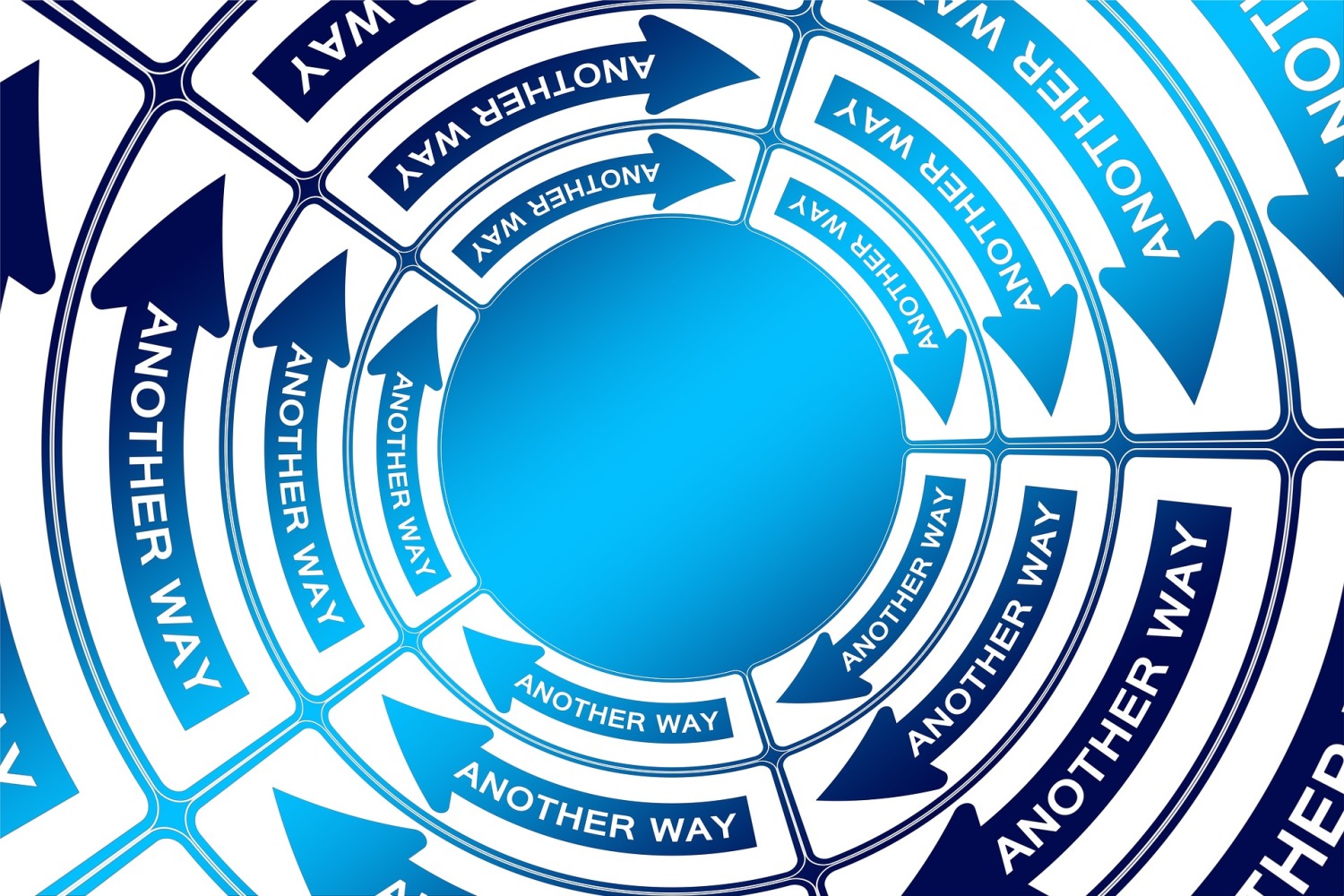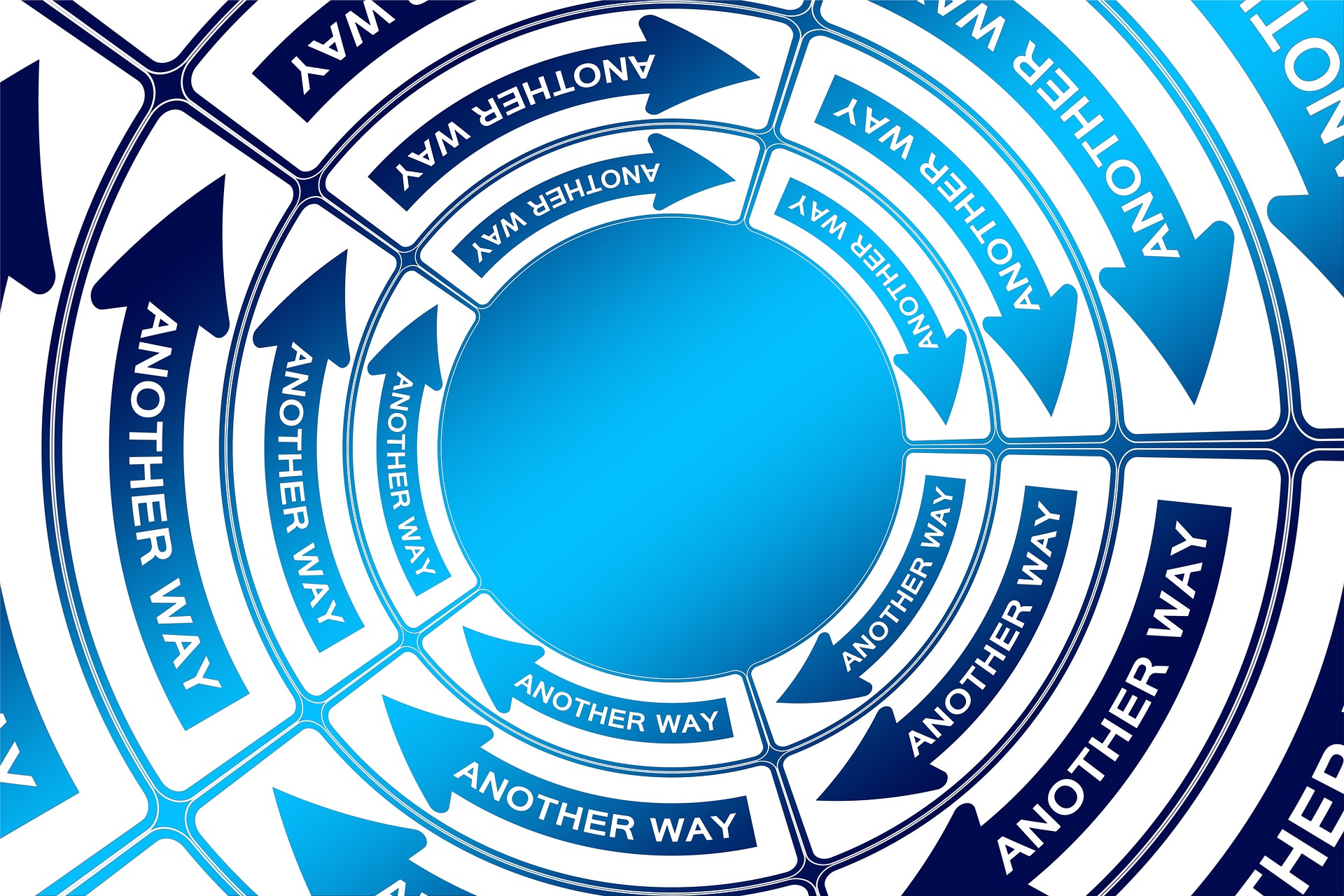
By Linda Fisher Thornton
Have you noticed the steady increase in the complexity of navigating our daily lives? It feels like we have too many choices, too much information, and not enough time. More information and more choices would be great if we had the time to research and decide, but the reality is that it’s difficult and time consuming to sort out which information is reliable and which is not.
Seeing and appreciating other ways of doing things is not just a nice-to-have ability. In a connected global society, it’s an essential skill. To achieve mutual benefit and collaboration, we will need to see the world from other perspectives that differ from our own, respect those perspectives, and work together toward shared goals. Leaders who don’t know how and don’t make the effort to change can be thought of as intentionally “unseeing” important aspects of the context and their leadership responsibility.
Characteristics of “Unseeing Leadership”
Fixed and Inflexible
- Don’t ask questions, just do it
- What I say goes
- This is the way we’ve always done it
Impatient and Quick to Decide
- We don’t have time to hear from everybody
- There’s a chain of command for a reason
- I make the decisions here
Intolerant and Excluding
- We want to hire people who will be a good fit with our work “family”
- We’ll hand-pick who to invite to the meeting (to make sure they agree)
- People we bring in will have to adapt to our way to doing things
Seeing Past Our Point of View
One of the often overlooked keys for success is learning to see past our own point of view. While it might seem like staying with what we know worked in the past could make our lives easier, it isn’t necessarily true that predictability is best. I have noticed that when I set aside what I think I know and dig deeper into what other people have figured out, I discover easier ways to do things that save time, effort, space, or money. What are you still doing the hard way that needs to change? Who has already figured out a better way? The important question is “Why has it taken us so long to figure this out and make the switch?”
The Obligations of Leadership
Leaders have an obligation to see past their own point of view in order to serve others where they are. Ethical leaders embrace varying perspectives and see them as improving their ability to see the whole picture, understand diverse stakeholder needs and interests, and leverage insights wherever they happen. All of these approaches inform better decision making with their teams. Ethical leaders take time to listen and research and untangle the context and truth before acting, and then they also take responsibility for making ethical choices.

Unleash the Positive Power of Ethical Leadership
© 2009-2024 Leading in Context LLC
